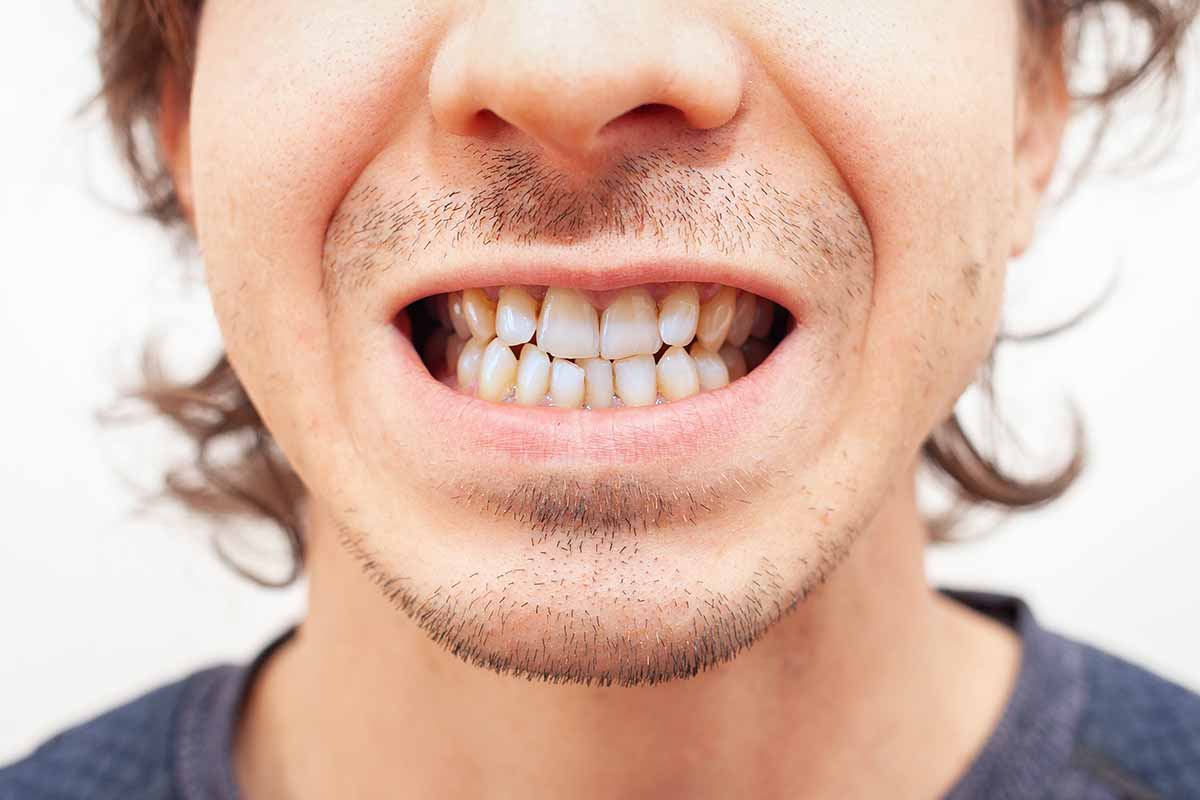Wasting Diseases of the Teeth
Home / Newsletter /
Wasting Diseases of the Teeth
By: Dr. Lezan Dawood, 2002
Wasting diseases are modern-day problems of dentistry. Changing lifestyle, increase in stress level, modern age problems and many other factors have been severely affecting an individual's oral health. Attrition, cervical abrasion and erosion are counted under wasting diseases which may reduce the chewing efficiency of an individual irrespective of age and caste. They are multifactorial diseases defined as the loss of hard tis-sues in the absence of caries or trauma.
Attrition can be defined as physiological wear of enamel, dentin or restorations caused by tooth-to-tooth contact. Erosion is the loss of tooth substances caused by chemical agents, particularly intrinsic or extrinsic acids, with no bacterial involvement. Gastrointestinal and eating disorders may lead to intrinsic stains in the oral cavity. In-gestion of foods or beverages, including carbonated soft drinks, fresh fruits, and fruit juices, is the major factor leading to extrinsic stains. Abrasion is defined as tooth sub-stance loss caused by biomechanical friction processes. Tooth wear has been one of the major leading oral health problems. A combination of a hard tooth-brush, abrasive toothpaste and an intensive horizontal brushing technique lead to severe cervical abrasion. Para functional and personal habits most forwardly progress attrition and cervical abrasions. Most likely seen, v-type cervical abrasions are in the cervical regions of the anterior tooth. The friction of abrasives in herb-al/ayurvedic toothpaste and chemical dissolution on tooth surfaces are the prominent fac-tors leading to cervical abrasions. Symptoms like sensitivity to hot and cold food may be seen.
There are various causes and habits that waste your teeth like to-bacco chewing, clenching and occupational habits such as sew-ing needles between the teeth, which causes 'V-shaped notches on the incisal surface of the tooth.
• Tobacco is an important causative agent that contributes chiefly to various oral diseases.
• Stress adds to the list of causative agents of wasting diseases because many people develop the habit of clenching their teeth, leading to severe attrition. This habit starts as a voluntary action and then becomes involuntary, known as bruxism or night clenching, ultimately leading to severe attrition.
• Cleaning aids, when used incor-rectly, lead to maximum wear and tear of the tooth surface.
• Similarly, people in rural areas brush with neem twigs as it is easily available and cheaper than toothbrushes and pastes. As the twigs have rough sur-faces, they rub the tooth sur-face gradually over time.
• Poor oral hygiene may result from the negligence of per-sonal oral health and lack of regular dental care.
So, it can be stated that everyone needs to be taught the im-portance of oral hygiene, the necessity to quit tobacco, the necessity to be aware of their occupational hazards, stress management and the importance of visiting a dentist regularly.

